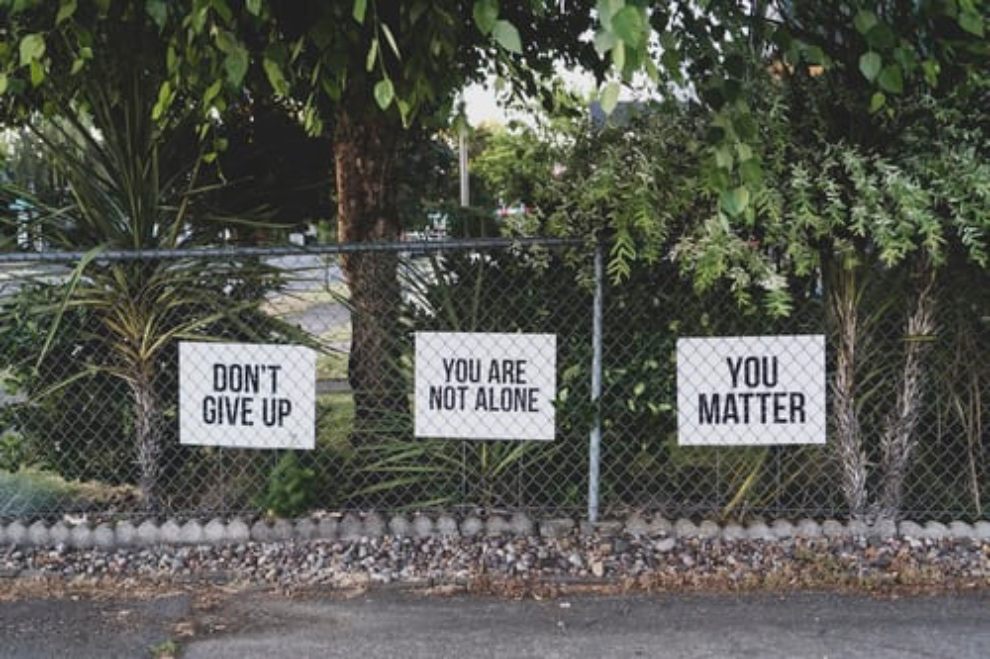
Types of Addiction Therapy – Which is the Right for You?
Dealing with substance abuse or alcohol addiction is a serious disorder that any person can face. Addiction is a significantly thorny issue, affecting many aspects of a person’s life, including their ability to socialize, their physical, emotional, and mental health, as well as their life at home, school, and work. Besides, it does not only affect the patients’ lives and health, but it also affects the lives of their families and friends.
Putting an end to the habit of using drugs or abusing alcohol, or overcoming any other form of addiction is a huge achievement that you should be proud of. While the way out might seem so far away, there are numerous methods to treat this intricate disease. Want to know more? Here is a list of various types of addiction therapy that can surely help everyone, no matter how different their case may be.
Outpatient Treatment
This type of therapy is available for those who would like to address their addiction problems while they continue living their lives. Some people choose outpatient treatment because they prefer the comfort of their homes and the support of their families and loved ones. Others choose this option because they can’t take a prolonged break from school or work. In cases such as these, finding an outpatient treatment center might be your best option— a facility during the day or evening, but it is not obligatory to stay overnight. You will be scheduled a session for different times of the week depending on your case.
Inpatient Treatment
Naturally, the other option that provides more intensive care and monitoring is the inpatient treatment. Inpatient programs- sometimes called residential treatments- involve patients checking themselves into a controlled and organized professional facility to recover from their addictions. Patients typically stay at a rehabilitation center, clinic, or facility provided with 24-hour medical and emotional support.
Some rehab centers such as Sandstone Inpatient Treatment Centre, offer important and effective services, such as medically supervised detox, residential addiction treatments, and lifetime aftercare. If you live in Canada, then you are in luck! You can find more info here about how a rehab center can provide you with such services. The change begins the moment you decide to kick out addiction and start your journey towards recovery.
Group Therapy
One of the most commonly known therapy types that people immediately associate with addiction treatment is group therapy. It is a vital part of effective substance abuse as well as mental health treatment. Group therapy is a comprehensive term for any type of therapy that aims to achieve symptom decrease and recovery for two or more individuals. During group therapy sessions, a trained counselor is responsible for leading the meeting and following up on each member’s progress. Group therapy comes in different categories, such as:
- Interpersonal group therapy
- Cognitive-behavioral therapy (CBT)
- Support groups
- Psychoeducational groups
- Skill development group therapy
Family Therapy
As stated before, when a person suffers from addiction, it affects their whole family in the process. If the family is not involved in being educated about substance abuse or alcohol addiction and the part either can play in the family dynamics, it might obstruct the patient’s recovery. Hence, family therapy is pivotal to treat addiction.
It invites important people in the patient’s life, like their spouse, parents, siblings, or friends, to take part and help in their recovery journey. The sessions they take can either be online, in person or on the phone. The main goal of family therapy is to have trained mental health professionals help families recognize areas where growth is needed, and aid participants in learning how to form more supportive relationships. Therapists then help create healing change in the whole family.
12-Step Programs
This is a popular therapy type often addressed in the movies. Originated by Alcoholics Anonymous (AA), the 12-step program is a spiritual foundation for personal recovery from the effects of alcoholism as well as substance abuse. The basic idea behind this program is based on the belief that people can assist each other in achieving and maintaining abstinence from substance abuse. The meetings conducted in such a program help those in recovery get support from their peers and motivate the newcomers to follow the 12 steps to achieve their recovery.

Substance abuse, alcoholism, or any other type of addiction can lead to substantial problems if left unchecked. Not only does it affect the patient’s mental and physical health, but it also negatively impacts that person’s family. However, battling addiction is not a hopeless case; many treatments and therapy types exist to help patients embark on the life-changing journey of recovery. All it takes is the will to change, and anything can be possible.



















